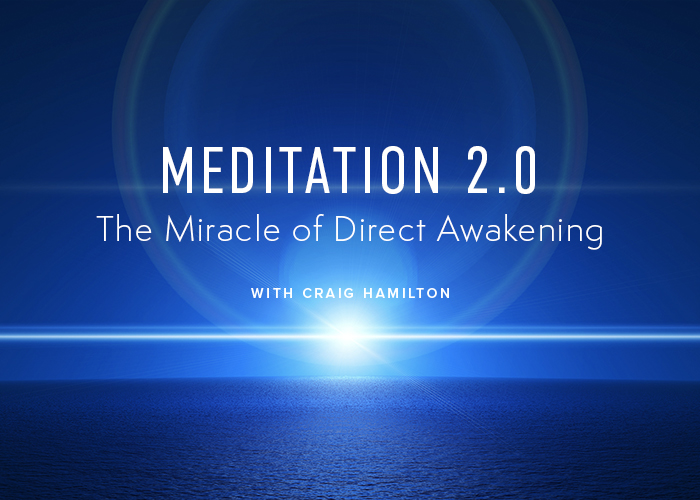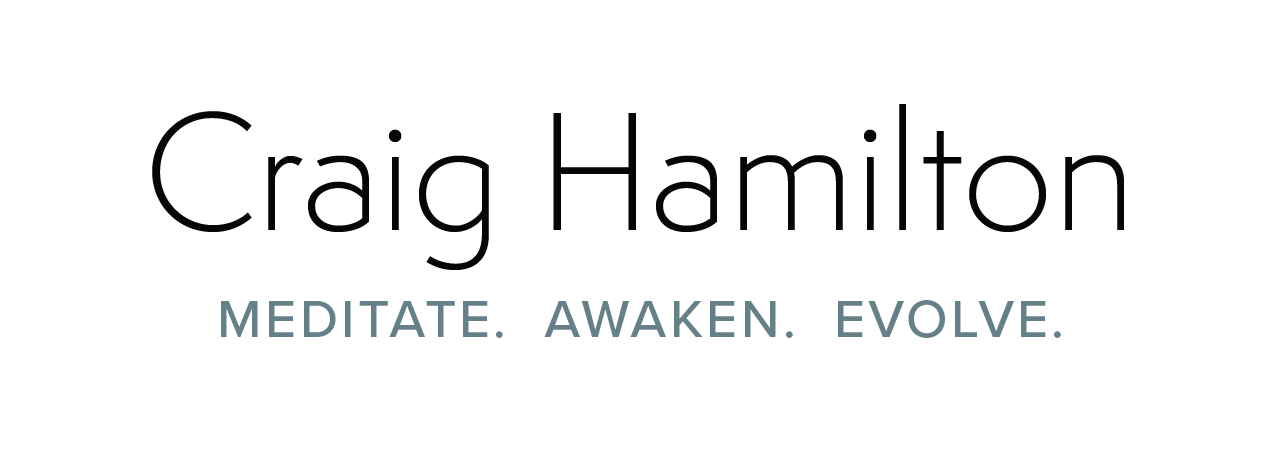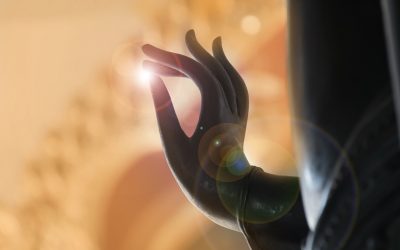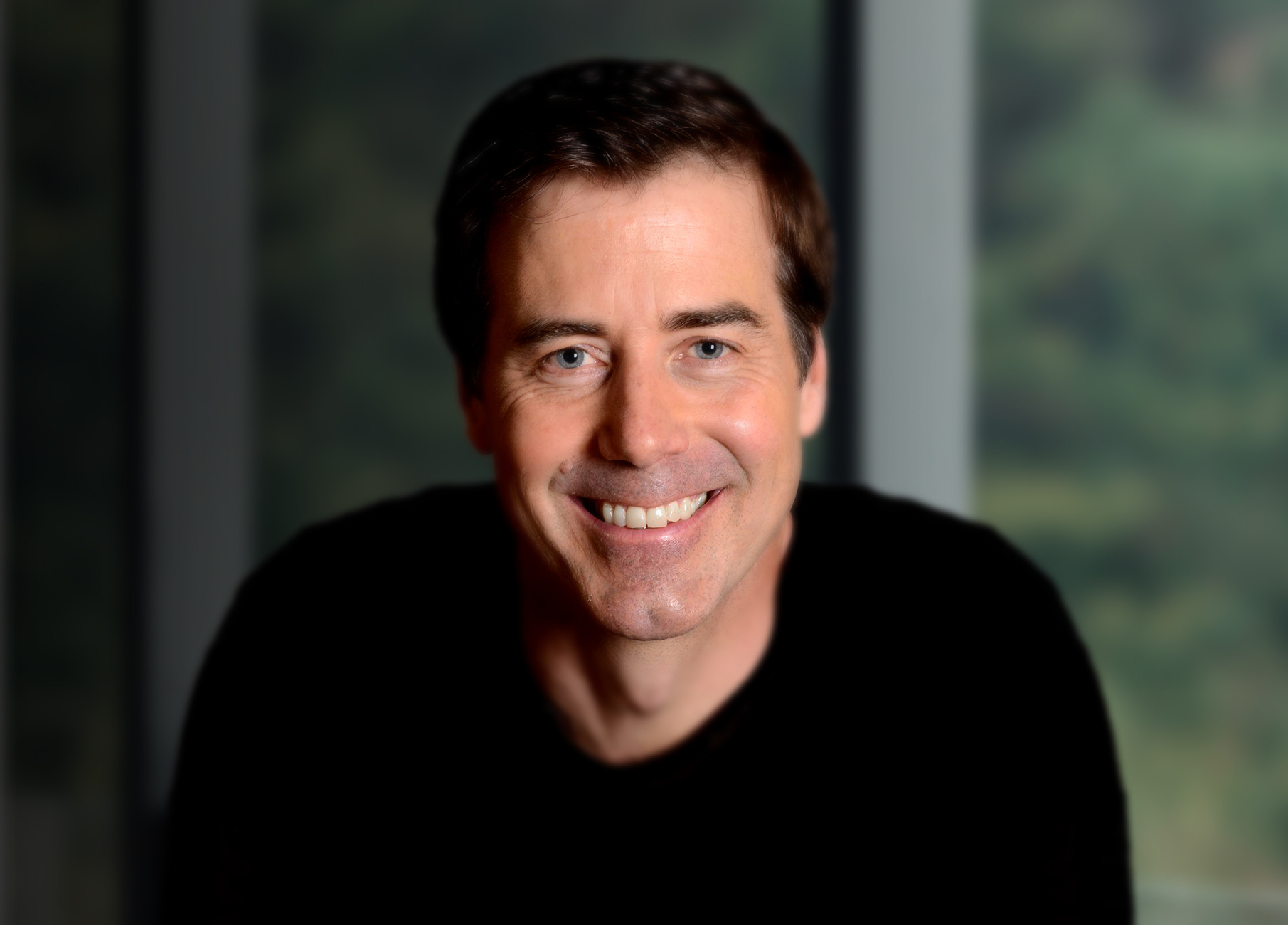Below the audio is an edited transcript of the talk, if you’d prefer to engage the content in that way.
Want to download the MP3 version? Click here.
Transcript
(Participant) says: my experience has been that there’s a certain kind of attentiveness and even a sense of patient expectancy in unknowing. Should it feel more passive than that?
This is an interesting question. (Participant) is describing a way that she’s experienced practicing not knowing or being in the unknown, which is that there’s this attentiveness there, this patient expectancy, and wondering whether that’s too active and engaged for what we’re pointing to.
I think what I would say is it could be experienced that way and, in fact, that could be a dimension of what it’s like to do this practice. If I just even took what you said and we could turn it into a practice for a moment and say, okay, let’s just be here and be attentive. We’re just being here and being attentive and we’re bringing a kind of patient expectancy to this moment, which is a nice description of being on the edge of the unknown, being interested in what might emerge from the unknown. But she’s saying patient, so we’re not trying to force something to happen. That’s what I hear in patient expectancy. We’re not trying to force, we’re just allowing each moment to emerge into the next and the expectancy you could say is a kind of interest. It’s kind of open receptive, but a little more than receptive, it’s a little more active. We could just sit here in that and that is a kind of unknowing, because we’re not grasping for the known, we’re not trying to know anything. We’re really here for this moment as it is, available to it as it is. That all feels like a practice of unknowing. I think that’s fine.
And, it also might not be that way. We could be doing this practice of unknowing and we could just step into the part of you that has no idea, step into the part of you that knows nothing, and that can be a radical leap into the unknown.
There’s a dimension of awakening, and one of the radical challenges of spiritual awakening and of this practice, is that it can take you to a place of profound self-forgetting.
There’s a dimension of this where you disappear, meaning that any sense you have of yourself or any self-reference at all or any measuring or knowing – any ability to measure where you’re at or know how you’re doing or know whether you’re free goes away and there’s literally just experience and response. There’s just freedom happening. There’s not me knowing how free I am or me delighting in how profound it is or me referencing anything about it.
We’re not saying it always has to be that way or that that’s the ultimate preferred experience. But one of the dimensions of awakening that human beings find so frightening and challenging is that we don’t want to disappear. We don’t want to be erased from the equation. The little ego self that always gets to look at itself in the mirror and have a sense of accomplishment and have a sense that I know how I’m doing and that I know I’m going to be able to find my way back, that whole piece is something we have to be willing to let go of and ultimately transcend and be disappeared and experience what that’s like.
All of that is just to say in terms of your question, (Participant), that it can completely be what you said and it can completely be other things, too. We don’t know. The relationship to all experience in this is I don’t know.

FREE MEDITATION WORKSHOP
Meditation was invented when humans still believed the world was flat. Is it time for an update to this ancient practice? In this free 90-minute workshop, you’ll experience a revolutionary new meditation process that gives you direct access to awakened consciousness.











0 Comments